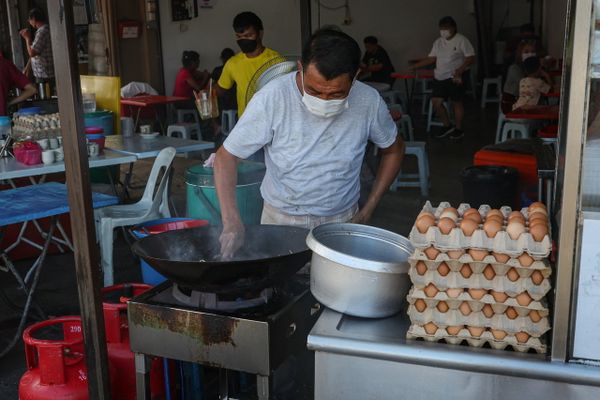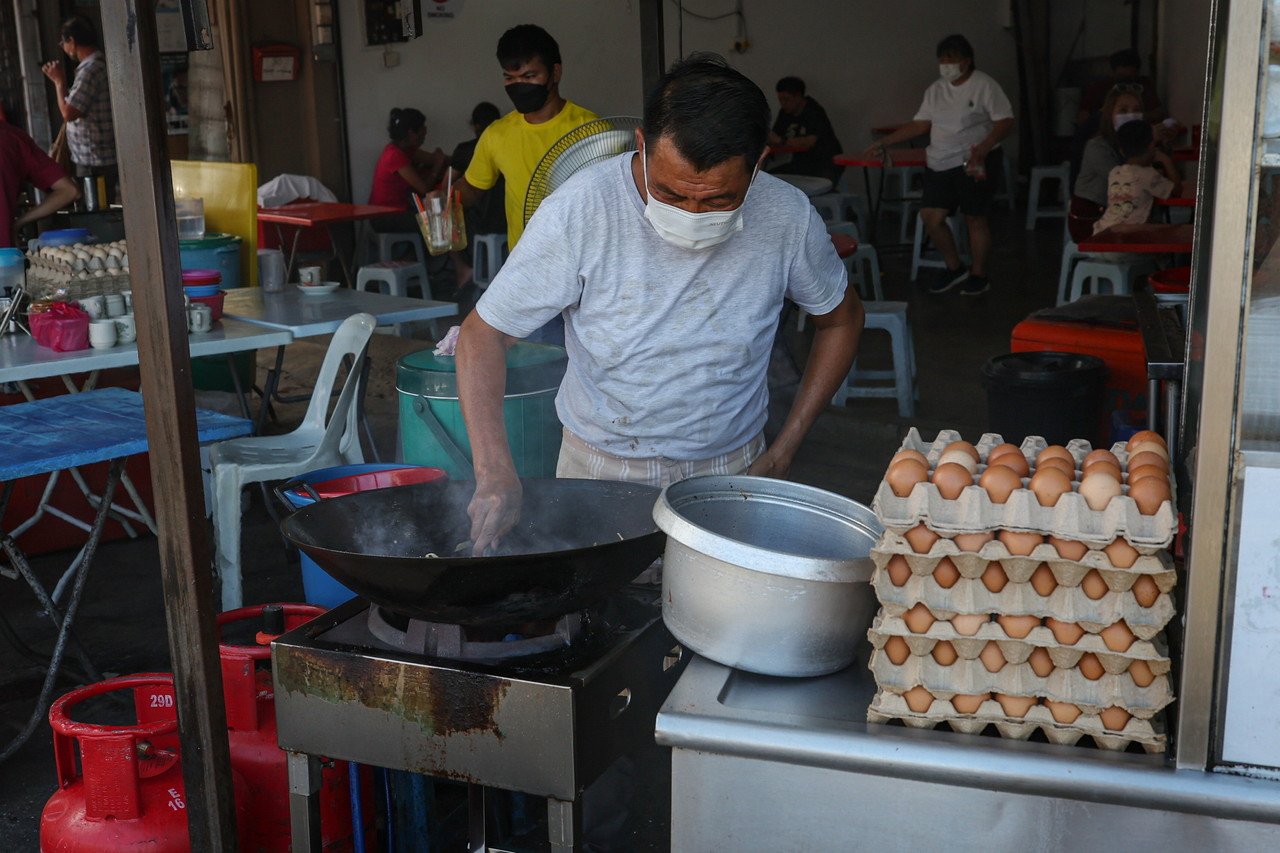PUTRAJAYA, June 20 — The Health Ministry said it views seriously the dumping of and safety status of food donated to welfare homes and tahfiz schools, which can cause food poisoning to residents and students of these institutions.
The ministry, through the Food Safety and Quality Programme, said it enhances controls to prevent food poisoning at every level of the supply chain, including developing the Food Bank Safety Guidelines, which outline measures for preparing safe and quality food for donation purposes.
It said the guidelines help donors and recipients learn about how donated food should be handled.
“Donors must ensure the food is safe for consumption and include details like the date and time the food was prepared and its expiry date. A food safety message must also be included so the food is consumed within four hours of preparation.
“Donors must ensure recipients get early information regarding the food that is going to be donated, and ensure the food is received by recipients and not left unattended,” it said.
It advised food recipients to record information about the food they receive, and ensure donated food is safe for consumption, besides always making sure to look, smell and taste the food first before eating it.
The ministry said recipients have the right to reject food that is stale, is improperly packed, has no information, and was prepared more than four hours ago.
“Recipients are advised to eat donated food immediately and avoid storing it beyond the stipulated period,” it said.
On Tuesday, local media reported that several welfare centres in the Klang Valley had become dumping grounds for excess food.
The reports quoted Mohd Suhairi Mohd Danan, the manager of Maahad Tahfiz Al-Quran Misbahul Falah in Taman Keramat, Kuala Lumpur, as saying he often receives nearly stale food as donations.
The Food Bank Safety Guidelines can be downloaded from the Food Safety and Quality Programme website.
Consumers who face food safety issues can contact district health offices or their state Health Department, or visit the Public Complaints Management System website or the Food Safety and Quality Programme Facebook page.
— Bernama




